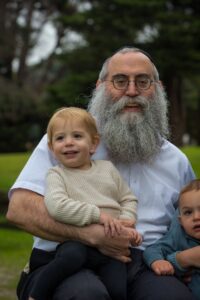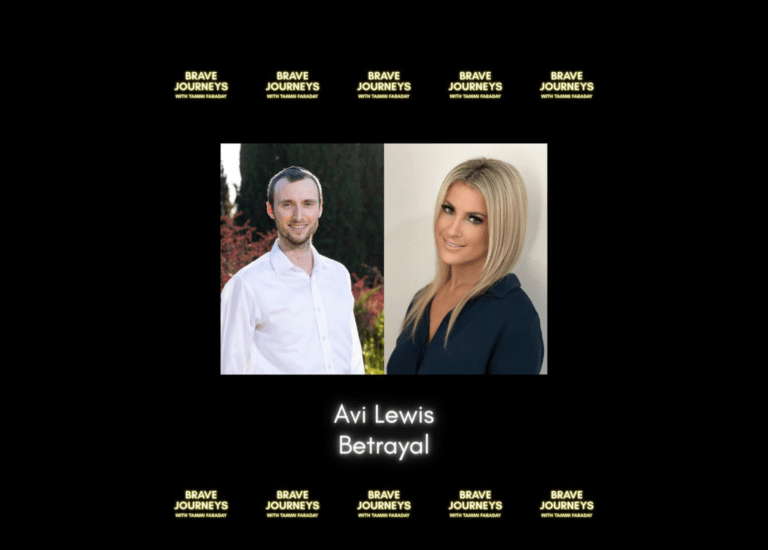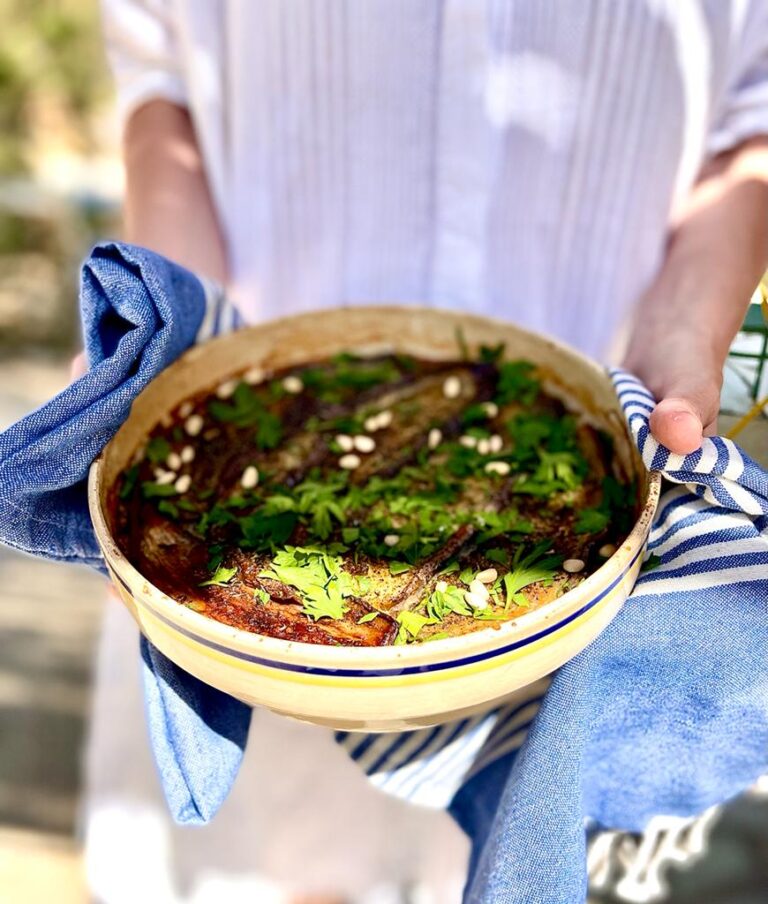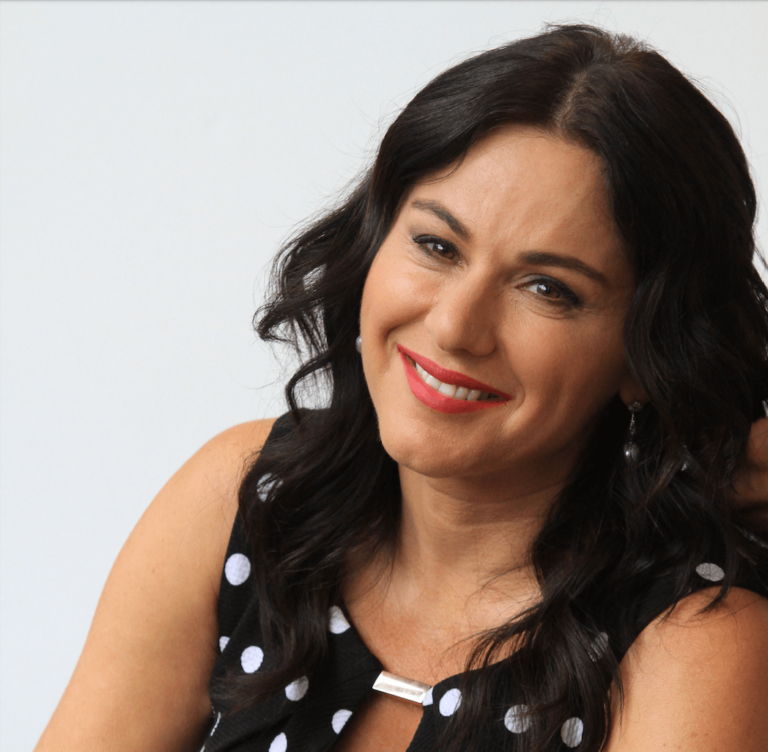It is one of the great questions in human history: What is the secret to happiness?
People are still endlessly searching for the answer. Why have we not yet discovered the secret to inner well-being?
Many people are looking for the magic formula. Marketers bombard us daily with promises for a better life. It is too easy to point to a million things that we are missing that are the cause of our unhappiness. People think that all they need is more. If only I had more hair, more muscle, more cars, more shape, more money, more, more, more. And yet those things have never truly satisfied us.
The Talmud states a most important truth about happiness: by its very nature it is elusive; you can’t hold on to it nor can you search for it. And if you stare at it, it escapes you.
What psychologists are beginning to explain today, the Talmud wrote 1700 years ago: It is the very pursuit of happiness that prevents happiness.
You see, happiness comes when you are immersed in a life of meaning that transcends yourself.
Look at a 2-year-old running around the house having a great time. Sit him down on your lap and ask him: “So tell me, young man, do you feel good about yourself? Are you happy?
The child will most likely gaze at you strangely, his look implying an answer that says, “Stop bothering me; I’m busy living.”
Indeed, when you’re truly busy living, the “you” does not occupy independent space. When the “I” is totally in touch with life, it does not inform you that it exists for it is completely unified with its purpose and mission.
Artists are keenly aware of this truth in their own careers. There is a point in the work of writers, musicians, or speakers when they cease to be conscious of their existence as an independent entity, instead experiencing themselves merely as conduits for a deeper energy coming through them. It is at this point that the artist performs best, for his self has merged with his work in a seamless whole.
So, instead of searching your whole life for what you need, search for what you are needed for. Find a mission and a purpose which transcends you and devote yourself to it.
This is the secret of Sukkot.
Sukkot is called the “Festival of Joy,” and the Torah tells us to “rejoice in your holiday [of Sukkot] and be happy.” But how can the Torah command me to be happy? Either I am happy, or not!
The answer is because on Sukkot, (in the Temple days) the torah instructs us to pour water on the Altar of the Holy Temple. This simple act would cause the Jews of the time to dance all night non-stop with the greatest joy in the world.
When you take your water and you pour it on the Altar in the Temple, when you dedicate your life to something which transcends you, when your life is driven by real purpose and meaning, then you can begin dancing. And that is what happened on Sukkot.
Ask yourself this question: Do I have real purpose in my life, purpose created by something which transcends me and my ego? Am I dedicated to a meaningful cause beyond my own self-gratification and comfort?
Wishing you a happy sukkot and a truly meaningful year!
 Rabbi Mendy Groner is the Rabbi of Chabad Glen Eira
Rabbi Mendy Groner is the Rabbi of Chabad Glen Eira









